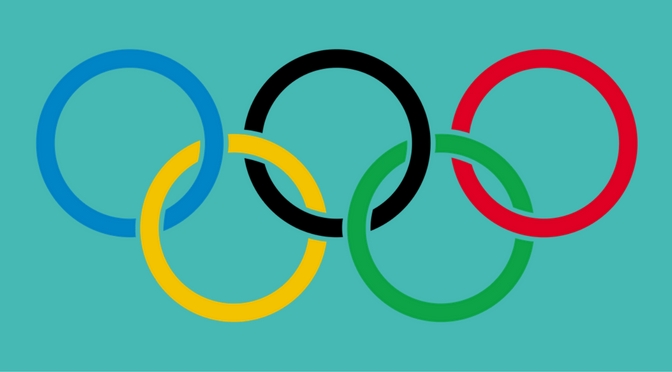
Now the Olympics are over we are all hoping there will be an added desire to get more people involved in sport in Great Britain thanks to the amazing success we’ve had.
Team GB performed more than admirably – making the whole country proud. The Olympics have shown what hard-working athletes from a small nation can achieve.
Undoubtedly, the awe felt by most of us that we were able to finish above China in the medal table has resonated on social media among sports fans. And numerous athletes have naturally taken to Twitter and other platforms to thank all of their followers for believing in them.

Source: instagram.com/gomofarah
Especially Mo Farah, who proved once again that he is surely the best long-distance runner in the world and publicly expressed his gratitude afterwards to everyone who showed their support for him via various online channels.
But in terms of the legacy for social media as a whole, there are a few key points for us to pick up on here.
First, before a medal had even been won there was the news that athletes could get in trouble if certain endorsements were tweeted about them in reference to the Olympic games and were not an official Olympic sponsor.
Olympic organisers in the US (USOC) were accused of bullying companies into removing posts of support for their athletes as online accounts were not allowed to mention Olympic results, share or retweet anything from Olympic accounts or use official hashtags.
Hold on, you say. Hashtags can be trademarked?
That’s right. Now this doesn’t apply to individuals because who could police that? But the USOC did trademarke certain hashtags that could not be used by companies if they weren’t official Olympics sponsors.
They even went as far as to black out parts of tweets from companies who had been backing an athlete because they contained images of the Olympic rings. Check out the BBC’s article on who could and who couldn’t use the official hashtag.
The second thing we’ve learned from this social Olympics is that China is finally starting to come out of its shell a little when it comes to online activity.
As recently as 2008, the only response a journalist could get from a Chinese athlete at the Olympics was a robotic one-liner referencing the pride they felt at representing the best country on earth.
In Rio, this all seemed to change. Chinese athletes in particular have caused the biggest stir on social media by confirming that they do have a personality just like the rest of us.

Source: https://www.youtube.com/watch?v=Jn0nPGfH1HI
Swimmer Fu Yuanhui became an overnight sensation thanks to her facial expressions and unscripted interviews, gaining four million followers on social media platform Sina Weibo.
And then, of course, there was the act that sparked debate and split opinion worldwide, when Chinese diver Qin Kai proposed to his girlfriend live on TV just moments after she had won a silver medal.
Several other Chinese athletes also garnered support and displayed their likability through social media and have paved the way for future stars to win the hearts and minds of people they have never before acknowledged.
This embrace seems to imply that sportsmen and women around the world are finally realising the benefits of engaging with their fans on social media through emotional and light-hearted techniques, even if some authorities are intent on censoring the joys that this can bring.